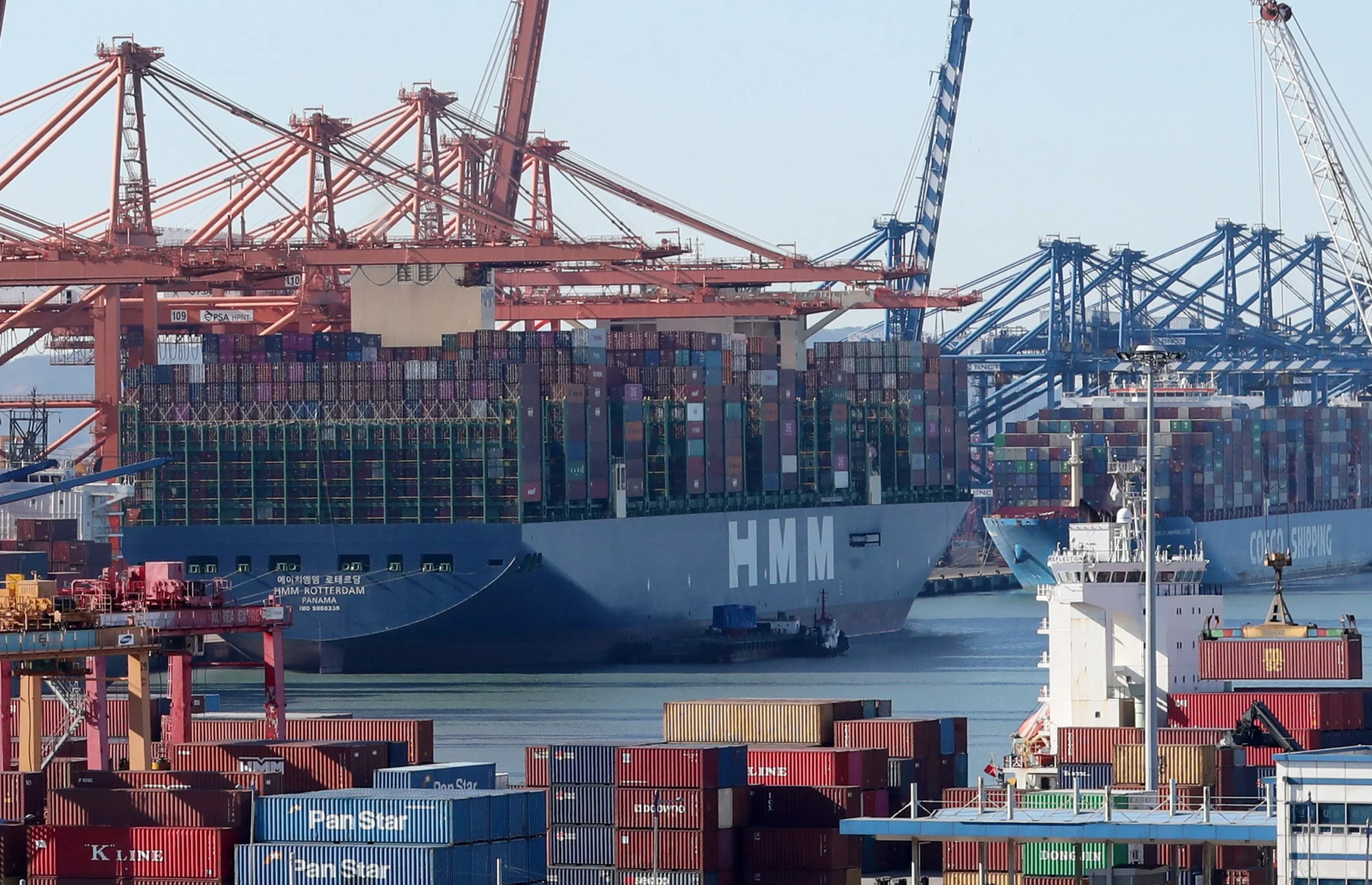European companies step up efforts to decouple from China
As Brussels intensifies its scrutiny of goods from China, the world’s largest export economy, European buyers are actively seeking to reduce their dependence on Chinese products. This trend is driven by investigations into Chinese government subsidies for manufacturing and potential tariffs on Chinese vehicle imports. European companies, unlike their U.S. counterparts, are focusing on reducing reliance in specific areas where over-dependence on Chinese goods is perceived. This strategic shift, led by companies like Belgium-based Dragon Sourcing, is a response to growing concerns about exposure to China, particularly in non-food retail industries. The move towards diversification, despite the challenges of longer lead times and higher costs, reflects a global push towards reducing risk and enhancing supply chain resilience.
As Brussels tightens its inspection of goods from China, the world’s biggest export economy, European purchasers are reportedly striving to lessen their reliance on China, according to sourcing executives. This shift is a strategic response to the increasing regulatory pressures from the European Union.
Investigations into Chinese government subsidies for manufacturing have been initiated by Brussels. In addition, the European Commission is on the verge of announcing any additional tariffs on imports of Chinese vehicles. This reflects the increasing regulatory pressures on trade with China.
Richard Laub, the Chief Executive of Belgium-based Dragon Sourcing, observes a significant trend where companies are striving to lessen their reliance on China. He notes that while the US initially led the decoupling efforts, European countries have been actively seeking alternatives since the pandemic’s end. Laub further adds that the EU is now rapidly aligning with this trend. This shift signifies a strategic realignment in global sourcing strategies amidst geopolitical uncertainties.
In contrast to American firms that have vigorously pursued new suppliers in the wake of Washington’s strict tariff regime and other restrictions, European companies are strategically concentrating on diminishing their reliance in certain sectors where they perceive an over-dependence on Chinese commodities. This approach reflects a nuanced strategy in navigating the complexities of international trade and geopolitics.
Concerns over exposure to China are growing among European consumers, particularly within non-food retail sectors that encompass a wide range of products from clothing and appliances to electronics and toys. According to Richard Laub, CEO of Dragon Sourcing, China is estimated to account for a significant 80-90% of sourcing expenditure for some of the larger European groups. This highlights the extent of Europe’s reliance on Chinese goods and the need for diversification in sourcing strategies.
Non-food sectors in Europe are heavily reliant on China, and companies in these industries are making concerted efforts to find alternatives. William Fung, the Deputy Chair of the Fung Group, which oversees Li & Fung, one of the world’s largest sourcing groups by revenue, notes that while many European countries may not have issues working with China, they are cognizant of the potential impacts on them if China faces disruptions. This reflects a proactive approach to managing supply chain risks and dependencies.
The outcome of these shifts, as stated by William Fung, Deputy Chair of the Fung Group, is a greater diversification away from China. Despite China’s optimal position in the global supply chain, the risk of being solely dependent on it is too high. This is part of a global movement where customers are demanding a reduction in their China-dependency to 30% or even less. Some have expressed a desire to completely eliminate their reliance on China. This sentiment was shared by Fung in a press briefing last month, highlighting the changing dynamics in global sourcing strategies.
A textile trader operating out of Changzhou in Eastern China has observed a trend among European businesses. Despite the longer lead times and increased costs, they are progressively sourcing more of their garments from India, Bangladesh, and Vietnam. He noted that many buyers perceive a risk associated with procuring from China and are willing to pay a premium to source from India if there’s some flexibility in pricing.
Frederic Neumann, Chief Asia Economist at HSBC, points out that European firms have reaped the benefits of China’s competitive pricing as US buyers have shifted their focus elsewhere. However, he adds, there’s a growing trend among companies in specific sectors like chemicals, pharmaceuticals, and electronics to decrease their reliance on China.
Analysts have issued a cautionary note, suggesting that the drive to mitigate risk may not significantly impact China’s total exports. They highlight the rise in shipments to Chinese-established factories in alternative global manufacturing centers like Vietnam and Mexico, and the growing competitiveness of goods produced domestically in China.
The attractiveness of China’s production capabilities is likely to add complexity to the search for new suppliers. Particularly, sourcing certain products, especially those of higher complexity, outside of China presents a significant challenge.
Vincent Clerc, the Chief Executive of Maersk, described the current situation as akin to a game of musical chairs at a HSBC forum in Hong Kong in April. He noted that while the destinations of Chinese goods have shifted, the volume of items like shoes produced in China remains largely unchanged from a few years ago. This observation underscores the enduring influence of China in the global manufacturing landscape.
In conclusion, as European companies strategically navigate the complexities of international trade and geopolitics, they are progressively reducing their reliance on China. This shift, driven by regulatory pressures, geopolitical uncertainties, and supply chain risks, is leading to a greater diversification in sourcing strategies. Despite the enduring influence of China in the global manufacturing landscape, European firms are exploring alternatives, even at the cost of longer lead times and higher prices. This trend underscores the changing dynamics in global sourcing strategies and the increasing importance of supply chain resilience.













